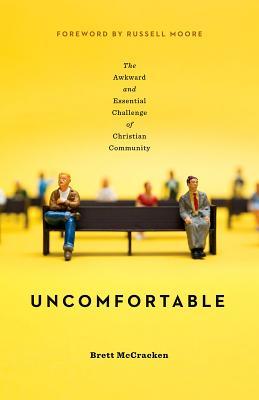What do you think?
Rate this book


224 pages, Paperback
First published February 1, 2018
Commitment even amidst discomfort, faithfulness even amidst disappointment: this is what being the people of God has always been about. Imagine if God were as fickle and restless as we are. But he isn’t. God’s covenant faithfulness to his people, even when the relationship is difficult and embarrassing, should be instructive to us. A healthy relationship with the local church is like a healthy marriage: it only works when grounded in selfless commitment and a nonconsumerist covenant.